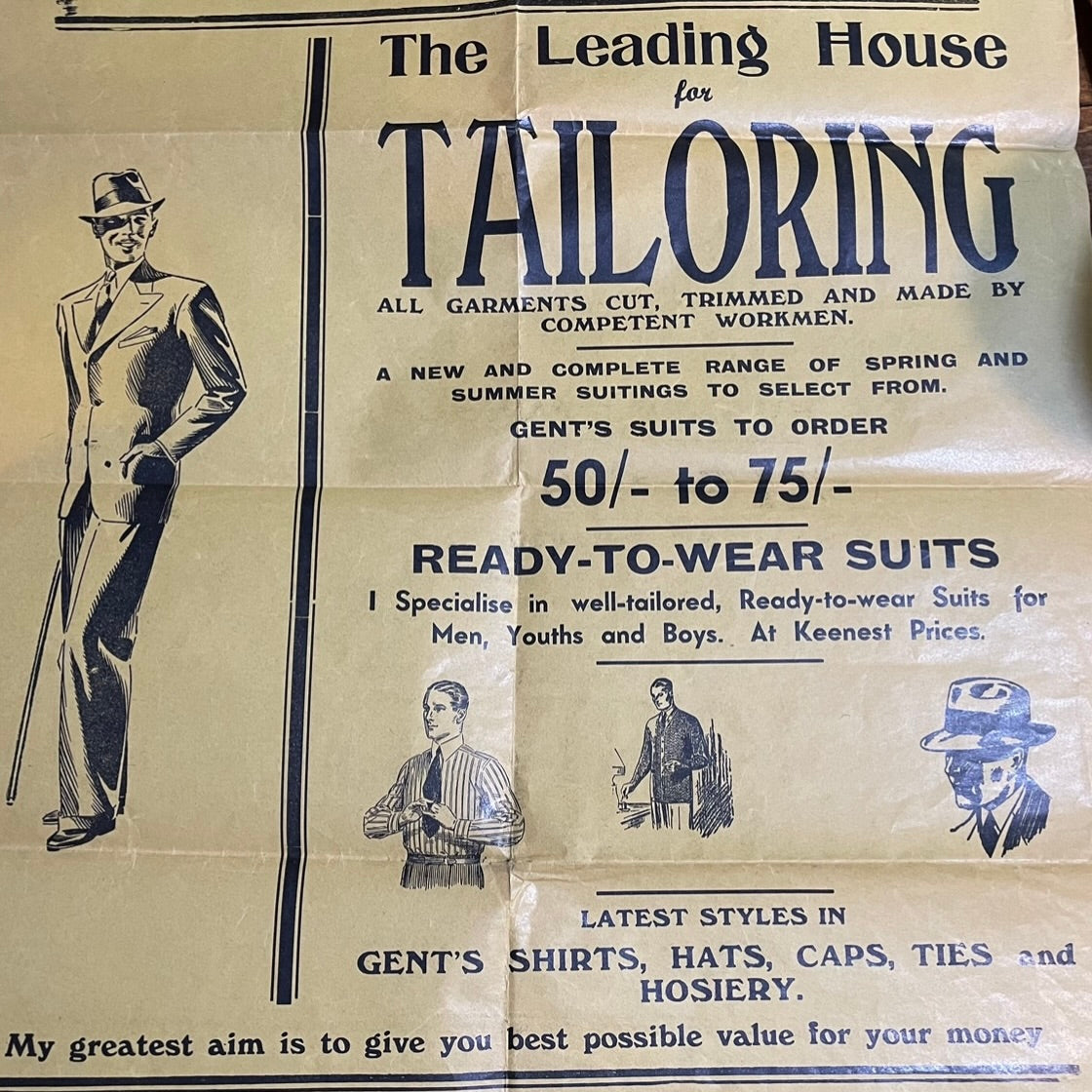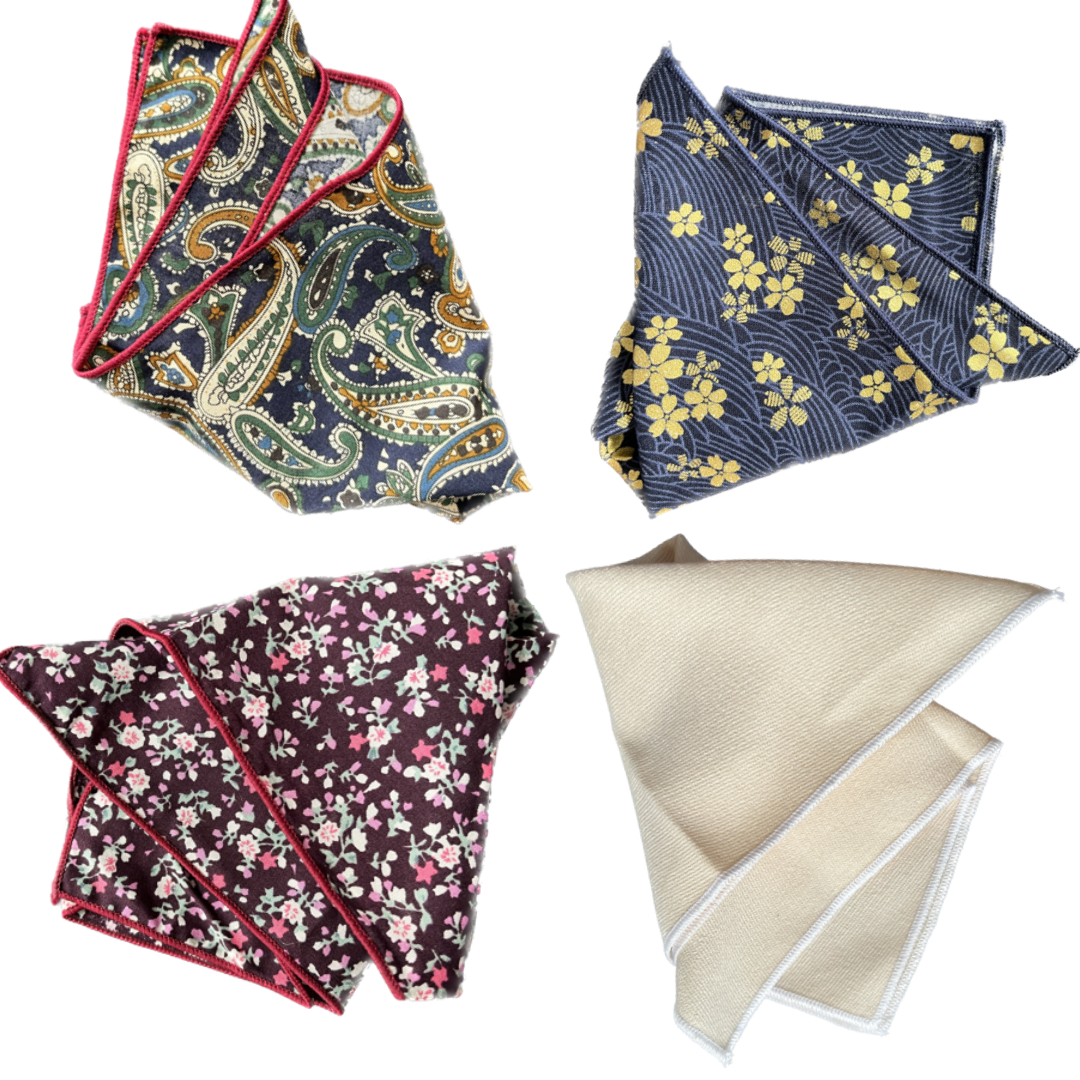
The Case for Curiosity
~5 min read
Whether you're at home, at the office, at the local coffee shop, or visiting friends and family, what does your usual coffee break look like? There would be coffee or your choice of warm beverage, of course, but what do you spend your time doing? What do you think about? What conversations, if any, do you engage in? Or is this a solitary moment to recharge your batteries?
We believe there's no wrong answer. There's no wrong way to spend your precious time while sipping a comforting beverage. However, we also believe in setting high standards for ourselves. We believe in facing the world with civility and a dignified poise - with thoughtfulness and attention to detail, with depth of conversation and curiosity.
This is why we created The FINTONIAN. Our weekly periodical engages in thoughtful curiosity about the world, about ourselves, about our place in the universe, and the meaning we can find within this mix.
Life, the Universe, and Everything
We invite you to join us here every week for a coffee break, to engage with us as we explore topics such as consciousness, morality, humanity, the universe. As sci-fi author and humorist Douglas Adams so succinctly put it: life, the universe, and everything. We take that very literally.
Our editorial board presents a meaningful take on a new topic every week, and we invite you to spend 10 or so of your valuable minutes with us, not only to read our opinions, but to continue the exploration of these topics in your daily life. We challenge you to start conversations and maintain curiosity as you discuss these topics with your friends, family, and coworkers.
This may be a community of sartorially-minded folks, but within that ethos we cultivate thoughtfulness and attention to detail in all things. We engage in curious and civil dialogue, we challenge the limits of our knowledge, we connect through meaningful conversations to explore the human condition. And throughout all this, we maintain the high standards of our sartorial spirit with our attention to detail in all things thought, dress, and speech.
The courage of our questions
In a decidedly less civil age of instant gratification and echo chamber algorithms, we challenge ourselves to spend time thinking about the world around us, to spend time in curious debate with others, and to commit to a lifetime of high standards and personal growth.
As the famed philosopher-physicist Carl Sagan so eloquently said, "We can judge our progress by the courage of our questions and the depth of our answers, our willingness to embrace what is true rather than what feels good."
Why Curiosity?
There is a science and psychology behind curiosity, which are both fascinating topics to, well, be curious about! But we purposefully made curiosity a vital pillar of this weekly periodical for a very simple reason: it is sorely needed today.
Our news and social media feeds are filled with categorically incurious takes and unyielding assertions about all manner of things that ought not to be so resolute. We firmly believe there is an amazing opportunity within "not knowing," or better yet, in "not being able to know something for sure." Therein lies the most worthy opportunity for conversation, debate, connection, research, rumination, and genuine human growth.
Curiosity is simply the strong desire to know something, to learn about a topic, or to seek a new experience. But what does curiosity actually look like? It can start by simply asking questions - by asking "why" and maintaining openness as it leads to the next "why," and then the next, and once again. Maintaining curiosity does not diminish your knowledge of a subject. It simply leaves room for discovery and for learning deeper nuance.
How can you use curiosity in your life?
1. Navigate confrontations
Have you ever avoided a conversation because you were uncomfortable with the possibility of disagreement? You're not alone. We're wired to avoid conflict and confrontation. It's uncomfortable, it's awkward, and it's intensely unpredictable - all things our brains are trying to protect us from. But curiosity is actually the antidote!
If you're having a conversation and it looks like disagreement or potential conflict might be looming, maintain a solid stance of curiosity. Research shows that maintaining curiosity in contentious conversations can swiftly deescalate any hostility and create room for a genuine exchange of ideas. Curiosity helps maintain active listening, which means listening with the intent to hear and not simply waiting for your turn to speak. It helps both parties feel heard and appreciated for their unique perspective on a topic. And ultimately, it allows room for discovery and nuance.
2. Make better decisions
At its core, curiosity is the process of learning something new. Decision-making is simply the process of action based on information. A curious mind is one that continually seeks out new information, knowledge, and experiences upon which better decisions can be made.
Curious endeavours, pursuits, and conversations lead to a greater base of informational resources. Throughout your life, this base becomes infinitely larger based on the courage of your questions.
3. Exercise your mind
Curious people have active minds and thus imaginations. Think of your brain like a muscle. It needs to be exercised, fed, and rested in a continuous cycle in order to grow. Your brain can be exercised by pushing the bounds of your knowledge base; it can be fed by genuine moments of connection with others; and it can be rested during introspection of the new neural networks you have created in this process.
A brain that reads the same things, interacts with the same kinds of people, and doesn't seek new knowledge will atrophy. Having a curious and active mind will help you in all facets of your life. It will help you learn new skills at your job, cultivate deeper and more meaningful relationships in your life, and broaden your ability to understand more complex and varied topics.


